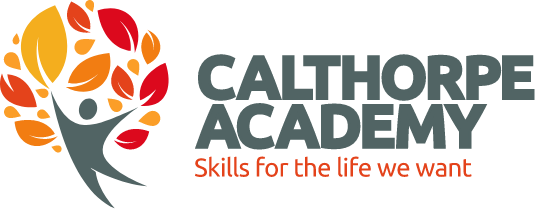KS4 Options
As your child will be moves into Key Stage 4, they will have some choice over some of the subjects they wish to study.
Please refer to the subjects listed for more information about the GCSE, Level 1 and Level 2 courses on offer in Key Stage 4.
As an alternative to this programme of courses, for a small number of our students a Life Skills curriculum may be more appropriate. Students work towards a range of qualifications at Entry Level or Level 1. These subjects cover a broad range of the National Curriculum subjects studied in Key Stage 3 to enable continued progression. As part of the Life Skills element, students work towards the ASDAN Certificate of Personal and Social Effectiveness (PSE), which can be viewed at www.asdan.org.uk.
If you would like to discuss this as an option for your son or daughter, please contact Mr N Binns, n.binns@corley.thrive.ac.
It is important that students make informed choices about their option subjects. Students will be able to talk to teaching staff as well as to Key Stage 4 students as part of their information gathering about the courses.
Your child’s Pastoral Mentor will be supporting them in making their choices so please contact them or your child’s Senior Link if you wish to discuss any aspect of the process.
Please encourage your child to talk about the subject choices. It is important that they are not influenced by friends or family preferences but select their courses based on their own interests and/or abilities. Selecting a course to study in Key Stage 4 does not restrict a student in terms of a Post 16 course or career pathway.









